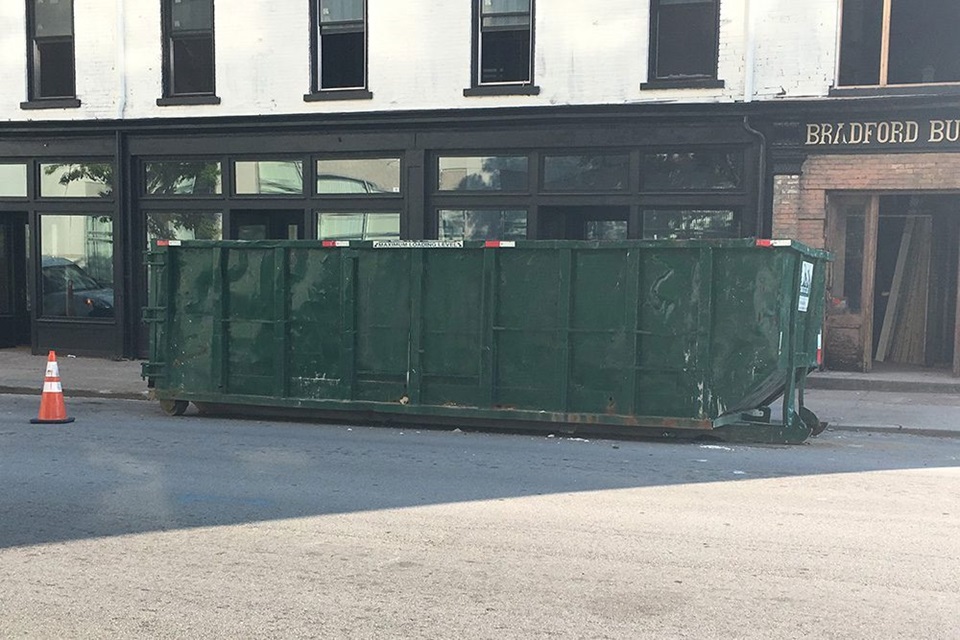In the realm of commercial construction and waste management, efficiency is paramount. With the rapid pace of development and renovation projects, the need for streamlined waste disposal solutions has never been greater. Commercial roll-off dumpsters emerge as a key player in this landscape, offering tailored solutions for businesses and construction sites alike. In this article, we’ll explore the unique role and distinctions of commercial roll-off dumpsters, shedding light on their importance in modern waste management practices.
Table of Contents
Understanding Commercial Roll-Off Dumpsters: Tailored Solutions For Businesses
Commercial roll-off dumpsters are specialized containers designed to meet the unique waste management needs of businesses, construction sites, and commercial properties. Unlike residential dumpsters, which are typically smaller and geared towards household waste, commercial roll-off dumpsters are larger in size and capable of accommodating significant volumes of debris and waste materials generated by commercial activities.
Versatility & Customization: Adapting To Diverse Requirements
One of the primary distinctions of commercial roll-off dumpsters lies in their versatility and customization options. These dumpsters come in various sizes, ranging from 20 to 40 cubic yards or more, allowing businesses to select the appropriate container size based on their specific waste disposal needs. Whether it’s a large-scale construction project, a commercial renovation, or routine waste management for a business establishment, commercial roll-off dumpsters offer tailored solutions to accommodate diverse requirements.
Optimized Waste Management: Enhancing Operational Efficiency
The role of commercial roll-off dumpsters extends beyond mere waste containment; they serve as integral components of optimized waste management systems. By providing designated spaces for collecting and storing waste materials, these dumpsters help businesses maintain clean and organized premises while minimizing the risk of environmental hazards and safety concerns. Efficient waste management translates to enhanced operational efficiency, allowing businesses to focus on core activities without disruptions caused by waste accumulation.
Differences From Residential Dumpsters: Size, Capacity, & Usage
While both residential and commercial dumpsters serve the purpose of waste disposal, there are notable differences between the two in terms of size, capacity, and usage. Commercial roll-off dumpsters are significantly larger and more robust compared to their residential counterparts, making them suitable for handling larger volumes of waste materials generated by commercial activities. Additionally, commercial dumpsters are often placed in designated areas on commercial properties or construction sites, whereas residential dumpsters are typically located near individual households.
Streamlined Waste Disposal: Promoting Environmental Sustainability
In addition to their practical utility, commercial roll-off dumpsters contribute to environmental sustainability by promoting responsible waste disposal practices. By collecting and containing waste materials in designated containers, businesses can streamline the waste disposal process and minimize the environmental impact of their operations. Furthermore, many commercial roll-off dumpster rental companies offer recycling and waste diversion services, allowing businesses to minimize landfill waste and maximize resource recovery.
In conclusion, commercial roll-off dumpsters play a pivotal role in modern waste management practices, offering tailored solutions for businesses, construction sites, and commercial properties. With their versatility, customization options, and capacity to handle large volumes of waste materials, these dumpsters enhance operational efficiency and promote environmental sustainability. As indispensable tools in the commercial waste management landscape, commercial roll-off dumpsters continue to support businesses in their quest for efficient and responsible waste disposal solutions.



